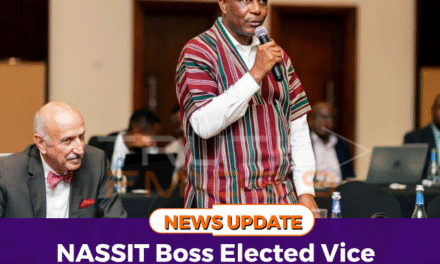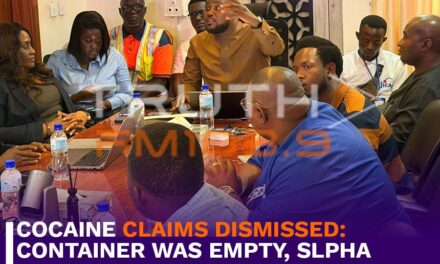By: Saidu Kargbo
Freetown, September 8th 2025- As schools reopen across Sierra Leone, the air is thick with anticipation and anxiety. Parents, students, and teachers alike enter the new academic year with high hopes, but also with familiar burdens. While the Ministry of Basic and Senior Secondary Education (MBSSE) continues to champion its Free Quality School Education (FQSE) program, the lived realities on the ground suggest that the promise of progress is still shadowed by persistent challenges.
In Freetown, many parents are grappling with the rising cost of living, especially when it comes to school-related expenses. From uniforms and exercise books to transport fares and lunch money, the financial strain is real. Abibatu Kargbo, a practicing nurse, shared her frustration after her daughter failed to meet the admission criteria for Annie Walsh Memorial School. “It was quite difficult for her to be enrolled at Saint Joseph Convent,” she said, expressing hope for a financial turnaround.
For others, the pain comes after early preparation. Jatu Boima, whose child is transferring from Bo, lamented the cost of admissions. “Many schools are demanding a hefty sum to get admission,” she explained, despite having already purchased school supplies.
The reopening of schools is traditionally a time of renewed optimism. Markets buzz with last-minute purchases, classrooms are swept clean, and students don fresh uniforms. It’s a season that symbolizes new beginnings not just for learners, but for the families and educators who invest in their futures.
Yet, beneath the surface, the sacrifices are steep. Parents shoulder today’s costs so their children can carry tomorrow’s promise. For many, it’s a painful balancing act between survival and aspiration, with some forced into debt just to send their children back to school.
School administrators are also feeling the pressure. Mr. Kingston King, Acting Principal of Prince of Wales Junior Secondary School, told Truth Media that theft has disrupted preparations. “Quite recently, eleven of our new toilet fittings were stolen,” he said, highlighting the infrastructural vulnerabilities that schools face.
Mrs. Alimatu Massaquoi, Principal of St. Edwards Junior Secondary School, acknowledged the challenges but remained optimistic. “We are prepared to welcome the students,” she said. On the issue of subsidies, she noted that resolutions had been submitted to the Sierra Leone Teachers Union and the Teaching Service Commission, and they await further action.
At a press conference on August 2, 2025, Augustine Moses Koroma, National Programs Coordinator for FQSE, outlined the government’s achievements under President Julius Maada Bio’s flagship initiative. Since 2018:
- 3,000 schools have been approved
- 12,000 teachers recruited
- 94 containers of learning materials distributed
- 538 primary schools constructed or renovated
- 367 school expansions completed
- Primary education expenditure rose from 27% to 92%
- Retention rates improved to 129%
- Teacher salaries increased by 40%
These figures reflect a significant investment in education. But as civil society organizations have pointed out, rapid enrolment growth has exposed structural weaknesses—especially in teacher welfare and classroom delivery.
Despite the excitement of sharpened pencils and fresh notebooks, a deeper question remains: Can schools meet the high expectations placed upon them? The answer depends not just on policy, but on the government’s ability to address the real-world constraints faced by families and educators.
Unless financial burdens are eased and teachers are empowered, the reopening of schools will remain a cycle of hope clouded by hardship. The dream of education as a pathway to progress must be matched by the resources and resolve to make it a reality.








